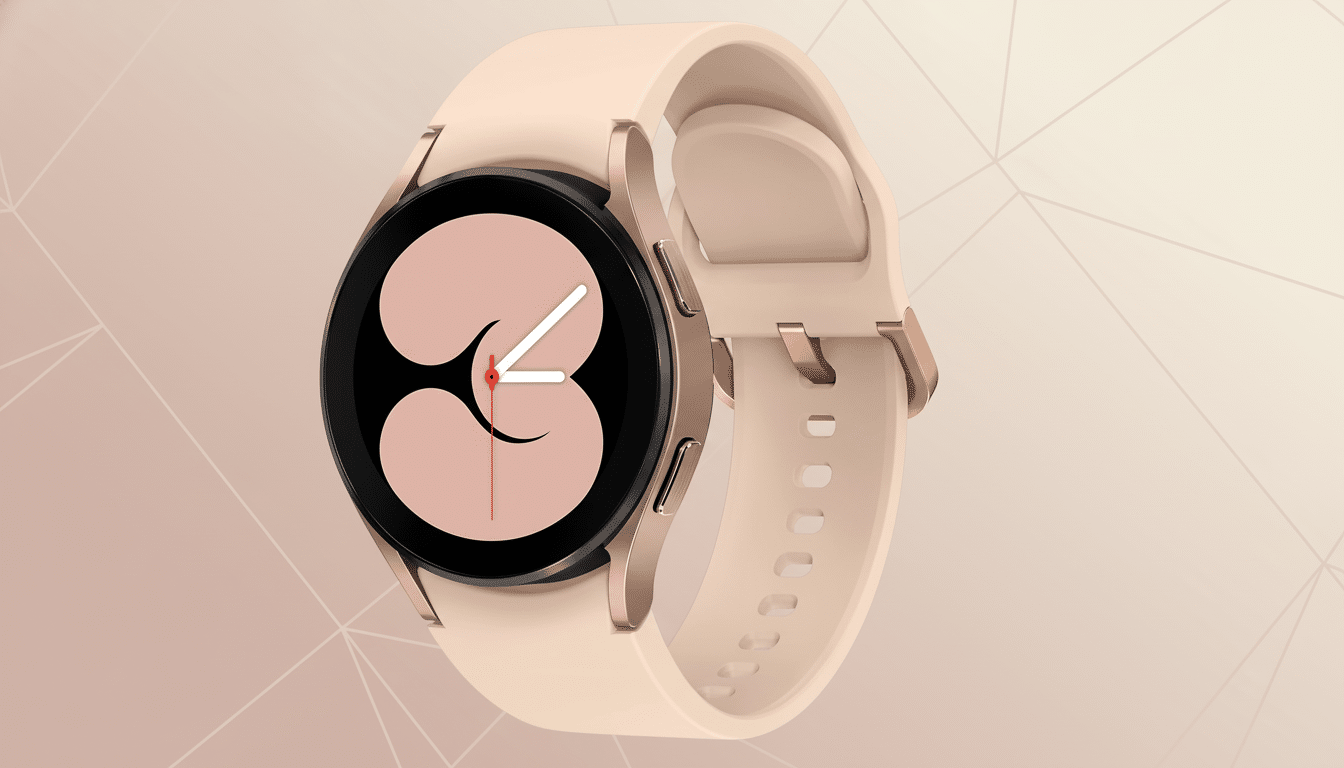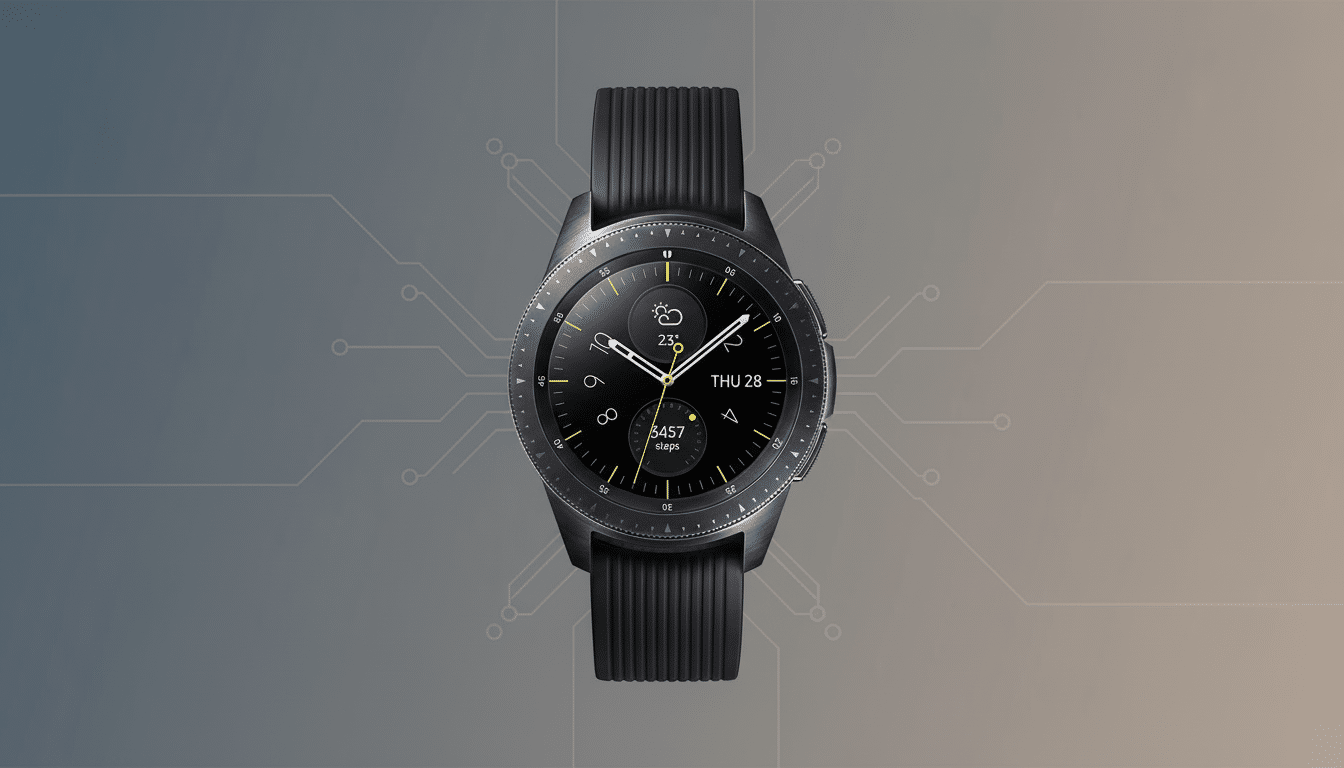A new poll of Galaxy Watch users has seen a near 50:50 divide over whether or not they’d use Gemini on the wrist — showing how polarized the experience still is for Google’s AI help on Wear OS. And while a slender majority use Gemini at least some of the time, a significant minority either eschew Gemini altogether or tried it once and never returned.
Survey Snapshot Reveals Thin Majority That Uses Gemini
Of a sample of 1,856 polled Galaxy Watch users, 31% claim that they use Gemini every now and then if not all the time. That brings the total for regular or semi-regular usage to 51% — a lead of only three points that indicates traction, but not runaway enthusiasm.

The flip side is 37% say they do not use Gemini at all. Another 12 percent tried it once and quit, saying they didn’t get the hype. Altogether, that’s 49 percent who are not regularly interacting with the assistant on their smartwatch.
Like all opt-in, online polls, the results only reflect a segment of Facebook’s user base and are not representative of the population at large. The results may not be scientific, but with close to 2,000 votes they make for a somewhat useful snapshot of sentiment among those who already have a Galaxy Watch.
How Gemini Functions on the Galaxy Watch
The smartwatch is the poster child for voice-first, with a tiny screen, limited input and quick-hit tasks that can be augmented by hands-free commands. Exactly those strengths are what users who stay with Gemini point to. Common use cases include:
- Setting alarms and timers
- Starting workouts and logging reminders
- Creating calendar events and sending messages
- Rapid-fire Q&A when the phone isn’t within reach
A handful of users commend the way Gemini responds to multi-step requests — for example, “start a run and send a text to my partner that I’m heading out” — saving taps and swipes mid-activity.
That goes with Google’s larger pitch for Gemini as an assistant that understands context and can string together actions across apps and services.
Why Almost Half Are Sitting Tight on Gemini
The critics tell a different tale. The biggest criticisms are around response times, inconsistency in reliability over cellular connections, and holes versus previous voice experiences. Some users say their phone can do everything quicker, which makes the watch feel excessive for assistant tasks.
Sources in the community and product support threads often refer to friction points: slow responses, occasional misfires with commands like timers or smart home control, paltry offline behavior. According to Google’s support docs, there will be ongoing enhancements made to Gemini on Android and Wear OS, though AI processing on-watch is still reliant largely on the cloud — another thing that can ratchet up network variability.

There’s also the Samsung factor. A number of Galaxy Watch users are migrating from Bixby or used to utilize Google Assistant. There can be some learning curve involved in making changes to defaults, permissions and app integrations. When asking “start a workout” in this context requires slightly different wording than before, my confidence dropped fast.
Adoption in the Broader Context of Wearables Today
Trackers of industry shipments, including IDC and Counterpoint Research, have consistently listed Samsung as a top vendor in the smartwatch category, so Gemini could potentially have a significant footprint on Wear OS. That scale makes the stakes higher: Even tiny usability improvements can tip millions of daily interactions in the direction of voice on the wrist.
But expectations are high. Early voice assistants taught users to assume that timer control was immediate, alarms were rock-solid and apps could be seamlessly handed off. If a watch hesitates or a command doesn’t map cleanly to a fitness or messaging app, users fall back on their phone. In wearables, small frictions are amplified.
What It Would Take to Boost On-Watch Gemini Usage
I believe ramping up the usage curve a bit would probably require three upgrades.
- Faster and more consistent responses, particularly on LTE, aided by smart caching and on-device processing for common tasks like timers, alarms and workouts.
- Deeper integrations with Samsung Health, Messages and popular third-party applications to reduce command translation hiccups.
- Clearer guidance on what Gemini can do on-watch today versus on-phone so users know when to expect instant results.
There is precedent for it: Reviewers and people who tested voice assistants on wearables and other smaller devices have long pointed out how even the smallest of performance gains go much further than they otherwise would have. Shaving a second or two off response times can be the difference between a feature becoming an indispensable part of people’s lives, and something they take for granted.
Galaxy Watch Owners’ Bottom Line on Gemini
The poll’s takeaway is simple: Gemini on the Galaxy Watch is something a lot of people find useful, some can’t live without, but it still does not convince close to 50% of users. A 51 percent “yes” grouping is important, but the remaining 49 percent who say they use it rarely or never show that there’s a lot of headroom.
If Google can shave latency, add deeper app hooks and otherwise solidify the foundation, things could easily tip in the company’s favor.
Until then, Gemini will be a split decision on the wrist — at times promising, capable in bursts and still earning trust one command at a time.

